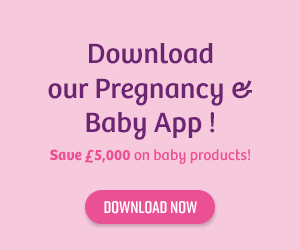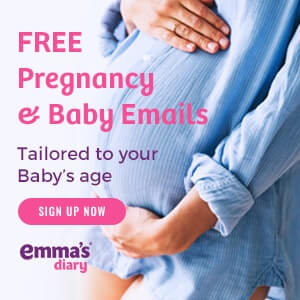Can I eat honey while breastfeeding?
.jpg?sfvrsn=c9a8cfbc_1)
You might have heard that babies under the age of one shouldn’t be given honey. You may therefore be wondering if this means you shouldn’t eat it while breastfeeding. If you enjoy a spoonful of honey on your porridge or like to use it when baking, there’s no need to worry. Here’s what you need to know about the risks of honey to babies and how to choose your next jar of the sweet stuff.
Is it safe to eat honey while breastfeeding?
Yes, it’s safe for you to eat honey when breastfeeding. The reason why babies shouldn’t eat honey is that it can contain spores from harmful bacteria that can lead to serious illness.
Your immune system, however, is able to deal with any bacterial spores in honey without causing you – or your breastfed baby – any problems. Even if you have eaten some honey that contained bacterial spores, they cannot be passed to your baby through your breastmilk.
Does honey impact breastmilk?
There’s no evidence that honey improves your breastmilk or milk supply. There are no known risks of eating honey while breastfeeding.
Can eating honey harm my baby?
Honey can occasionally contain spores from a bacteria called Clostridium botulinum, which can cause a very serious illness in babies known as infant botulism. Symptoms include weakness and breathing problems, and can be fatal.
Infant botulism only affects babies younger than 12 months of age. This is because their digestive systems are not yet fully developed.
Older children and adults have a more mature immune system, stronger stomach acid and greater numbers of ‘good’ bacteria, which stop the bacterial spores from causing any harm.
This is why parents are advised not to give their child any type of honey before one year of age.
If your child is under 12 months of age, take care if you’re eating honey yourself, especially if they are able to reach out and grab your food.
Is honey good for you?
Honey is a natural product made by honeybees from flower nectar. The nutrients in honey therefore vary according to the plants the bees collected the nectar from.
Honey is mostly sugar but also contains a very small amount of protein, as well as vitamins, minerals and polyphenols. Polyphenols are reported to have antioxidant, anti-inflammatory, antibacterial and antiviral properties.
Although honey is considered a nutritious food, it should be eaten in moderation due to its high sugar content. It’s considered to be a healthier alternative to refined white sugar and artificial sweeteners. Also, honey is sweeter than sugar, so you may find you need to use less.
Honey is a natural cough suppressant, taken directly off a teaspoon or dissolved into warm water.
What are the best sources of honey?
You may have heard of ‘raw’ honey, which is taken straight from the honeycomb and simply filtered to remove any bits of honeycomb and any other unwanted debris.
Most supermarket honeys will have been pasteurised – a heating process to prolong shelf life and slow down crystallisation of the honey. Unlike pasteurisation of other foods like milk and cheese, it’s not done for food safety as the bacterial spores in honey can survive high temperatures.
Raw honey typically retains more of the beneficial nutrients but is naturally cloudier and likely to have more variation in colour and texture than the more processed honeys in the supermarket.
Some supermarket honeys will also contain added sugars, so when choosing honey it’s best to look for 100% pure honey.
In summary, honey is not only delicious, it’s nutritious too – but should be used in moderation. If you enjoy honey, rest assured it’s fine to keep eating it while breastfeeding. Just keep it out of reach of children under the age of one.




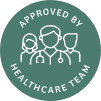
.jpg?sfvrsn=7ad0ffbc_1)


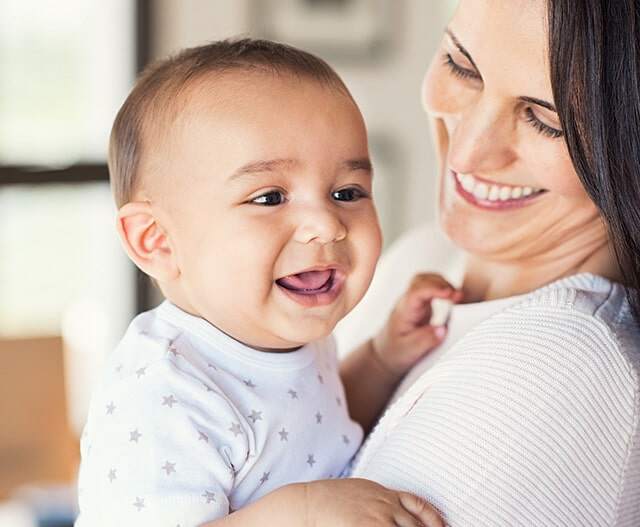

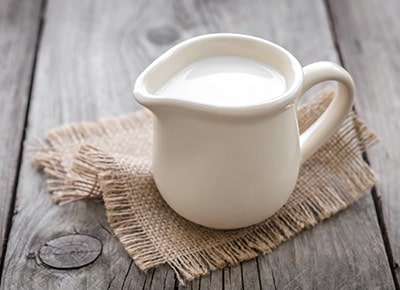

.jpg?sfvrsn=d5295380_1)

